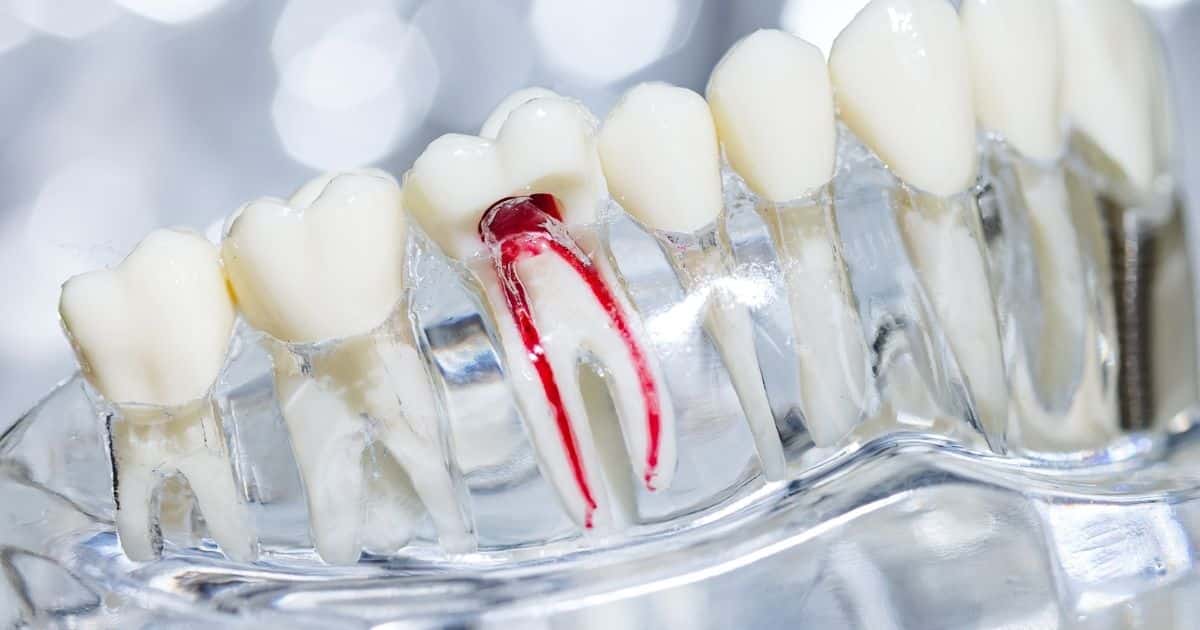Published on November 27, 2024

A root canal is often necessary to save a tooth from decay or infection. For seniors, this treatment comes with unique challenges. Age-related changes in oral health, medical conditions, and medications can impact the procedure and recovery. Understanding these factors can help older adults receive proper care and maintain their natural teeth.
This blog covers the challenges seniors may face with root canals and the considerations to keep in mind. From gum health to bone density, multiple factors play a role. Let’s explore what makes root canals different for older adults and how to ensure a smooth treatment process.
Why Seniors May Need a Root Canal?
A root canal becomes necessary when the pulp inside the tooth is infected or inflamed. Seniors often face dental issues that increase the likelihood of needing this treatment.
- Tooth decay: Years of wear can lead to cavities that reach deep into the tooth.
- Gum recession: Aging can cause gums to pull back, exposing tooth roots to bacteria.
- Previous dental work: Old fillings or crowns may weaken over time, leading to new infections.
- Dry mouth: Many seniors take medications that reduce saliva production, increasing the risk of decay.
- Cracks or fractures: Weakened enamel makes teeth more prone to damage, which can lead to infection.
Challenges Seniors Face with Root Canals
Older adults may experience additional hurdles when undergoing root canal treatment in Chester. These challenges require extra care and attention from a dentist.
Weaker Bone Structure
- With age, bone density decreases, making teeth more fragile.
- This can make the treatment more complex, especially if the tooth is already weak.
- Proper post-treatment care is essential to prevent fractures.
Medical Conditions and Medications
- Conditions like diabetes or heart disease may affect healing.
- Blood thinners, often prescribed to seniors, can lead to increased bleeding during the procedure.
- Some medications cause dry mouth, which slows recovery.
Reduced Pain Sensation
- Nerve sensitivity decreases with age, sometimes making it harder to detect tooth pain.
- This can delay treatment, allowing the infection to spread.
- Regular dental checkups help catch issues early.
Longer Healing Time
- Aging slows down the body’s ability to recover.
- Proper aftercare, including good oral hygiene and a soft diet, can speed up healing.
- Staying hydrated helps maintain gum and tooth health.
Special Considerations for Seniors
To ensure a successful root canal, seniors should take a few extra steps before and after the procedure.
Pre-Treatment Preparation
- Inform the dentist about all medical conditions and medications.
- Stay hydrated to improve saliva flow and promote healing.
- Maintain good oral hygiene to reduce bacteria before the procedure.
- Ask about sedation options if anxiety is a concern.
Post-Treatment Care
- Follow all aftercare instructions carefully to prevent complications.
- Eat soft foods to avoid putting pressure on the treated tooth.
- Avoid smoking or drinking alcohol, as they can slow healing.
- Continue regular dental visits to monitor the treated tooth.
The Importance of Regular Dental Care
Preventing dental problems can reduce the need for root canals. Seniors should follow these steps to maintain healthy teeth and gums:
- Brush twice a day with fluoride toothpaste.
- Floss daily to remove plaque between teeth.
- Use a mouthwash designed for dry mouth if saliva production is low.
- Schedule regular dental checkups for early detection of problems.
Root canals can help seniors preserve their natural teeth, but special care is required. Factors like bone density, medications, and healing time play a role in treatment success. By working closely with a dentist and following proper aftercare, seniors can ensure a smooth recovery and maintain their oral health for years to come.
